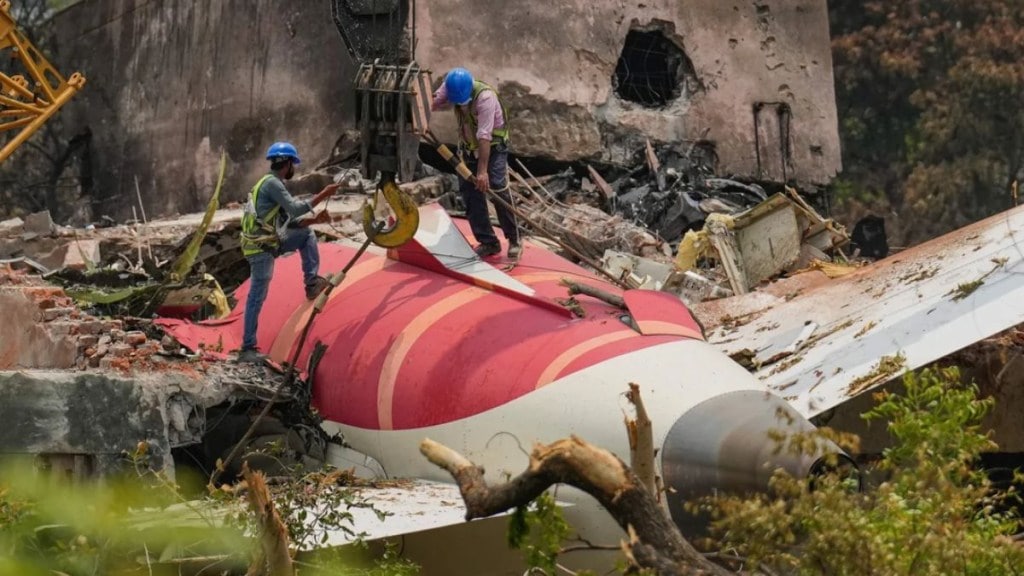Air India plane crash: As Air India‘s initial crash report focused on fuel control switches in the June 12 AI 171 disaster that killed 270 people, it has now emerged that the UK Civil Aviation Authority (CAA) had warned about similar fuel system issues on Boeing aircraft just four weeks earlier.
What do we know about the CAA warning?
On May 15, the CAA directed operators of five Boeing aircraft types, including the 787, to review and act upon a US Federal Aviation Administration (FAA) Airworthiness Directive (AD) related to fuel shutoff valve actuator components essential to preventing fuel leaks and engine shutdowns.
“The FAA has issued an Airworthiness Directive addressing a potential unsafe condition affecting fuel shutoff valves installed on Boeing aircraft,” the UK regulator’s notice read, listing the B737, B757, B767, B777 and B787.
In its preliminary report, India’s Aircraft Accident Investigation Bureau (AAIB) revealed that the aircraft’s fuel control switches, which manage the fuel flow to engines, unexpectedly moved to the “CUTOFF” position shortly after liftoff, causing both engines to stop functioning.
While the FAA, in a statement issued on July 11, maintained that the fuel control switch design does not present a safety risk, and Boeing echoed this conclusion, the UK CAA’s earlier action suggests that airworthiness concerns were already flagged by regulators.
Crashed AI171’s fuel switches replaced twice
The Throttle Control Module (TCM), which houses the fuel control switches, had been replaced on the crashed Air India Dreamliner in 2019 and 2023, reportedly in line with Boeing’s standard schedule. However, the AAIB report highlighted that Air India did not inspect the locking mechanism of the fuel cutoff switches, despite a 2018 FAA advisory recommending such checks.
Meanwhile, Air India defended its decision by stating that the advisory was non-mandatory, and therefore the airline chose not to carry out the inspections.
What did the Air India CEO say?
Air India CEO Campbell Wilson on Monday urged against jumping to conclusions, stating that the AAIB’s preliminary findings “identified no cause nor made any recommendations.” He emphasised that the investigation is still ongoing and that fault or negligence should not be assumed prematurely.

